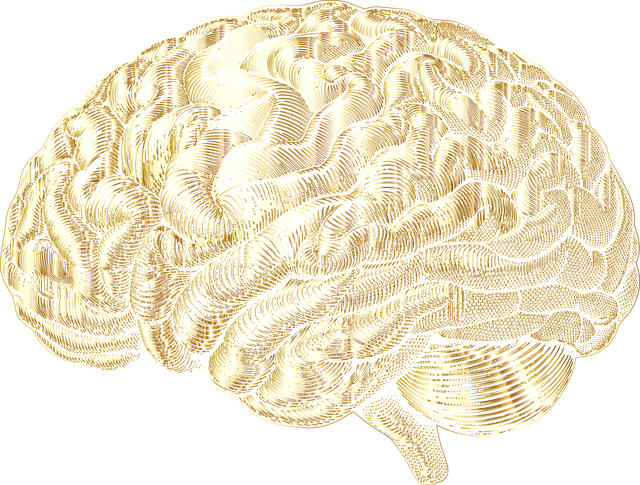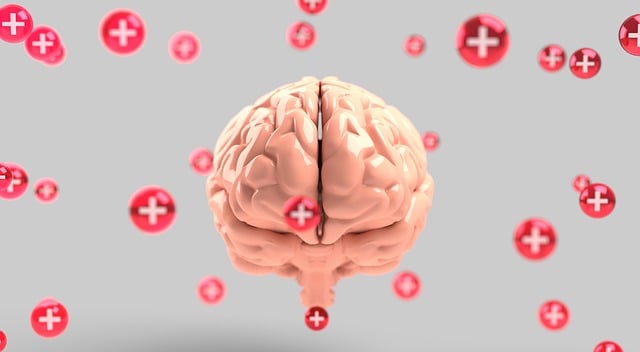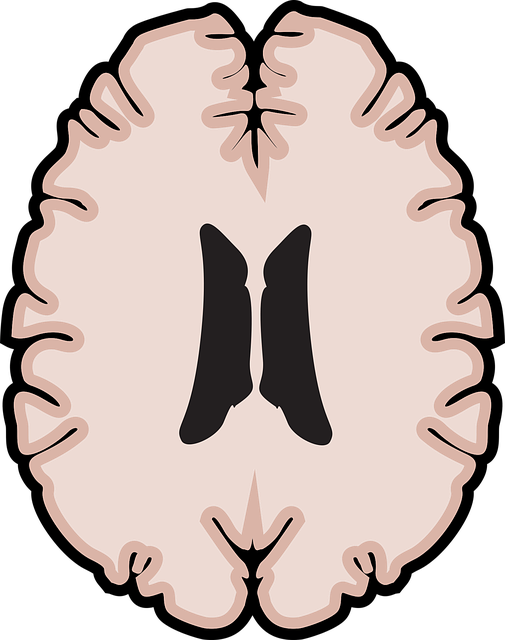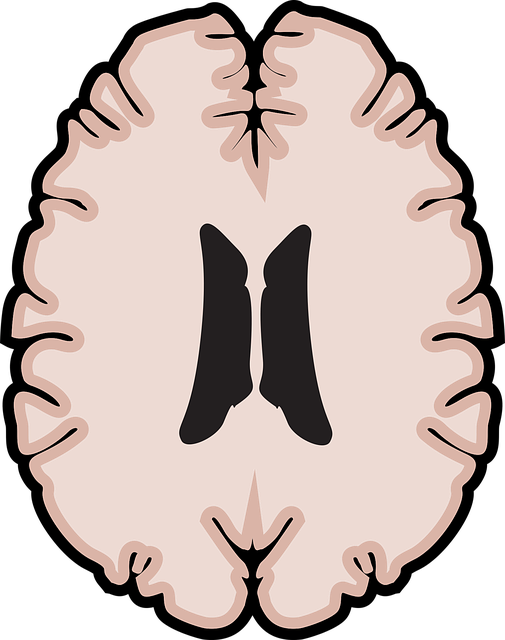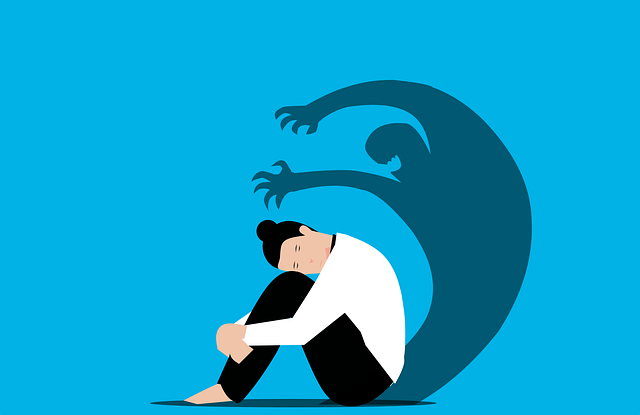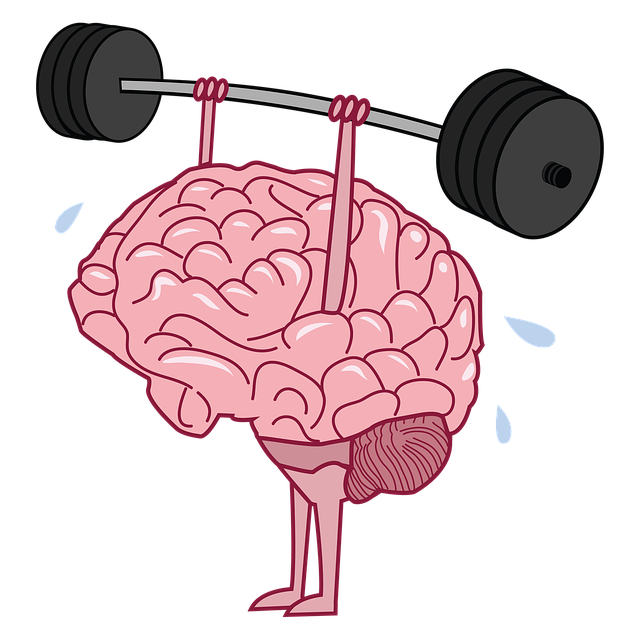Mental wellness coaching programs in Colorado Springs are gaining popularity for treating Oppositional Defiance Disorder (ODD) among youth through personalized sessions that develop coping strategies, enhance emotional intelligence, and improve overall well-being. Designing effective programs involves structured steps including research on target demographics, incorporating evidence-based practices like CBT for ODD, anxiety relief, and trauma support, and creating flexible content catering to diverse learning styles. Overcoming ODD requires a holistic approach combining cognitive-behavioral therapy, trauma support, and burnout prevention for healthcare providers, resulting in comprehensive treatment plans that enhance quality of life.
Mental wellness coaching is gaining prominence, especially among youth. This article explores the transformative power of such programs in addressing key mental health challenges, focusing on Colorado Springs as a case study. We delve into the process of designing effective coaching models, offering a step-by-step guide for local coaches. Furthermore, we highlight successful therapeutic interventions for Oppositional Defiance Disorder (ODD), providing insights into how Colorado Springs can enhance access to these life-changing treatments.
- Understanding Mental Wellness Coaching and Its Impact on Youth
- Designing Programs: A Step-by-Step Guide for Colorado Springs Coaches
- Overcoming Oppositional Defiance Disorder (ODD) Through Therapeutic Interventions
Understanding Mental Wellness Coaching and Its Impact on Youth

Mental wellness coaching programs have gained significant traction, especially with the growing recognition of their impact on youth. These programs focus on empowering individuals to develop coping strategies and enhance their overall well-being. By addressing underlying issues such as Oppositional Defiance Disorder (ODD), which is prevalent among young people in Colorado Springs, coaches help clients build resilience and improve their mental health.
Through personalized sessions, coaches guide youth in managing stress, cultivating emotional intelligence, and learning effective communication skills. This proactive approach not only benefits individuals struggling with ODD but also contributes to the broader goal of increasing public awareness campaigns development related to mental health. By fostering a supportive environment, these coaching programs encourage self-discovery and enable young people to lead healthier, more fulfilling lives.
Designing Programs: A Step-by-Step Guide for Colorado Springs Coaches

Designing effective mental wellness coaching programs requires a structured approach tailored to the unique needs of Colorado Springs communities. For coaches looking to create programs addressing oppositional defiance disorder (ODD) therapy, anxiety relief, or trauma support services, following a step-by-step guide ensures maximum impact.
Start by conducting thorough research on the target demographic, understanding their specific challenges and cultural considerations. Identify evidence-based practices for ODD therapy and incorporate techniques known to enhance anxiety relief and trauma support. Structure your program with clear goals and measurable outcomes, aligning with best practices in burnout prevention strategies for healthcare providers. Next, design engaging content using interactive methods, group discussions, and practical exercises to cater to diverse learning styles. Ensure flexibility to accommodate individual needs while fostering a supportive environment conducive to mental wellness growth.
Overcoming Oppositional Defiance Disorder (ODD) Through Therapeutic Interventions

Overcoming Oppositional Defiance Disorder (ODD) requires a strategic approach that combines various therapeutic interventions tailored to address the unique needs of individuals affected by this condition. In Colorado Springs, oppositional defiance disorder therapy plays a pivotal role in helping clients manage their symptoms and improve overall mental wellness. Through cognitive-behavioral therapy (CBT), individuals learn to identify and change negative thought patterns and behaviors associated with ODD. This evidence-based practice empowers them to develop healthier coping strategies and enhance self-care practices, which are crucial for maintaining a balanced lifestyle.
Additionally, trauma support services and burnout prevention strategies for healthcare providers can significantly complement ODD therapy. By acknowledging the potential impact of past traumas on present behaviors, therapists can offer specialized care that targets underlying issues. Moreover, promoting self-care practices among individuals with ODD is essential to prevent burnout and foster sustainable recovery. These integrated approaches ensure a holistic treatment plan that addresses both the symptoms of ODD and any co-occurring conditions, ultimately leading to improved quality of life for those seeking support in Colorado Springs.
Mental wellness coaching programs, as demonstrated through this exploration of Colorado Springs oppositional defiance disorder therapy and other therapeutic interventions, offer a powerful tool for empowering youth. By following the step-by-step guide provided, coaches in Colorado Springs can effectively design programs that address a range of mental health concerns. The positive impact of these initiatives extends far beyond individual sessions, fostering healthier communities and brighter futures for our youth.

